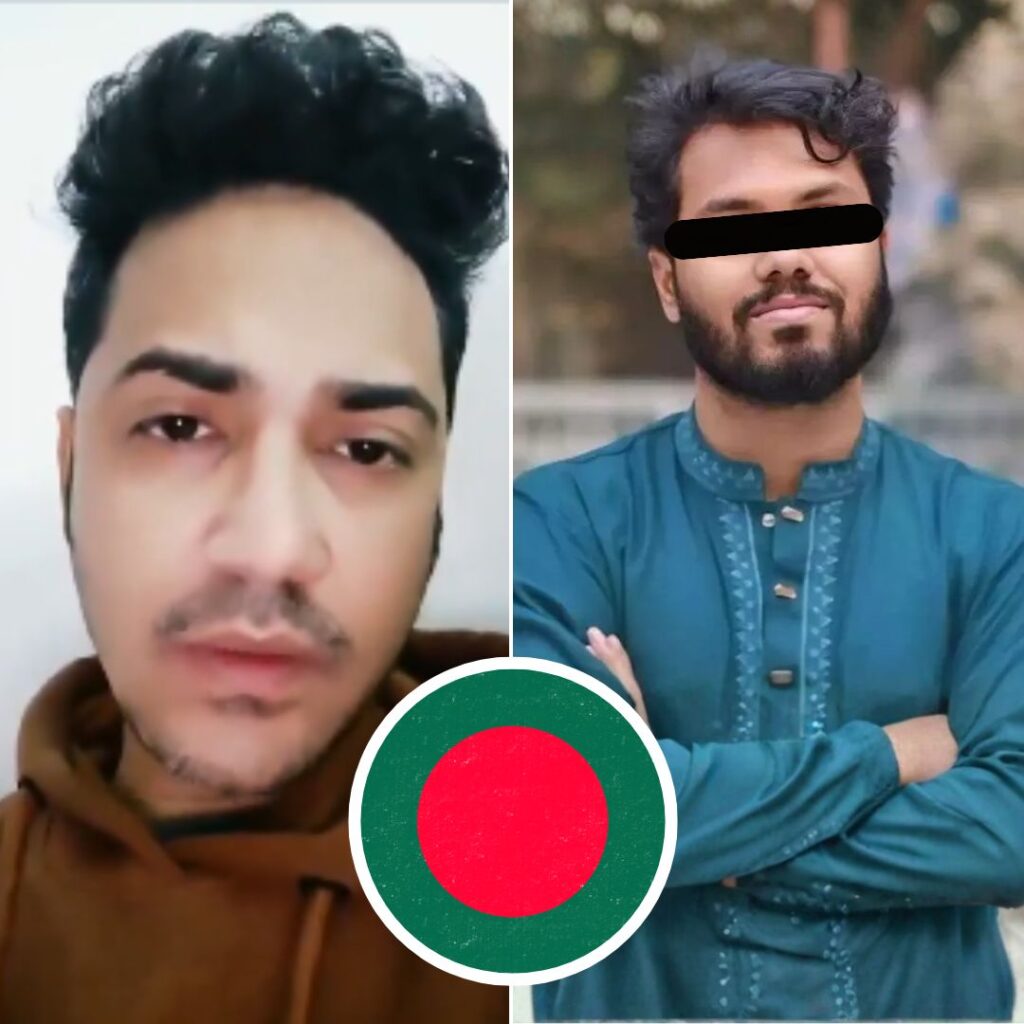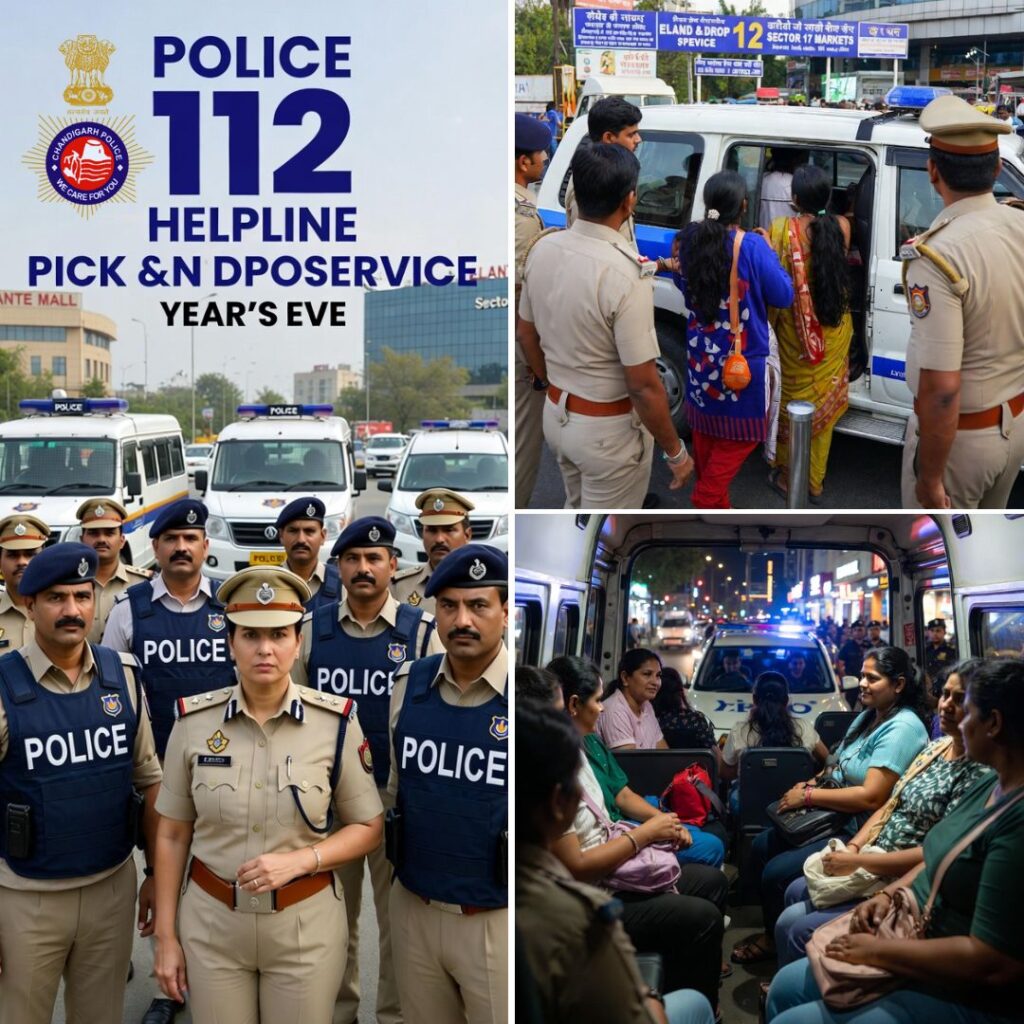272 districts have been identified by the Centre as those hugely affected by drug abuse and it is preparing to allocate a â¹336 crores National Action Plan this year for a ‘Nasha mukt Bharat’ (addiction-free India), especially targetting colleges and universities.
The ‘Nasha mukt Bharat’ campaign was originally launched in 2015 by Shiromani Akali Dal in Punjab.
Back in 2015, the then Deputy Chief Minister, Sukhbir Singh Badal, who is also the Akali Dal president had appealed to the Prime Minister, Narendra Modi for higher allocations to the central agencies like the BSF, which could undertake stricter surveillance along the border through modern gadgets and technology.
Amit Shah had assured Punjab chief minister Amarinder Singh of a national-level plan to tackle the drug problem.
The Narcotics Control Bureau has identified the ‘most affected’ 272 districts which mostly belong to Punjab, Haryana, Delhi, Uttar Pradesh and the North-East lead the states.
In both, Punjab and Haryana, drug addiction is a major political issue as well.
According to the national list of districts most affected by substance abuse,18 of the 22 districts in Punjab are among those identified by the NCB along with 10 out of Haryana’s 22 districts.
The Ministry of Social Justice and Empowerment, Government of India, conducted a National Survey on Extent and Pattern of Substance Use in India through the National Drug Dependence Treatment Centre (NDDTC), All India Institute of Medical Sciences (AIIMS), New Delhi during 2018.
The action plan comes in the backdrop of stark national figures featured in this study which is the first occasion when substance use was studied and documented in the populations of all the states and UTs of the country.
The survey revealed that about 8,50,000 Indians inject drugs, about 4,60,000 children and 1.8 million adults need help for inhalant dependence and 7.7 million Indians require help for opioid dependence.
Nationally, it is estimated that there are about 8.5 Lakh People Who Inject Drugs (PWID).
Image credit: Magnitude of Substance use in India 2019
Reach of the national programmes for the treatment of substance use disorders is grossly inadequate says the report.
The statistics for treatment available for such addictions also clearly show a big gap.
Image credit: Magnitude of Substance use in India 2019
Only about one in 180 people with alcohol dependence receive inpatient treatment/hospitalization.
75% of the drug addicts who try quitting do not receive any treatment.
The national campaign aims to address this gap by scaling up treatment centres as well as trained personnel.
While substance use exists in all the population groups, it is the adult men in India which bear the brunt of substance use disorders, the most. On the other hand, the survey also confirms what has been suspected for a long time – substance use does exist among women in India.
Children and adolescents are yet another population group of concern in which substance use has been documented. Therefore, a special focus is planned for schools and colleges owing to the increasing prevalence of inhalant use among Indian adolescents, much higher than the usage by adults.
Image credit: Magnitude of Substance use in India 2019
4,00,000 youngsters across schools and colleges will be targeted as part of the plan to prevent further increase in substance abuse among the young population.
Apart from celebrity-backed ‘Say No to Drugs’ publicity campaigns, national-level campaigns are planned across schools and higher education campuses to sensitise youngsters about the issue.
Further, district plans are to be devised for each of the 272 districts to address vulnerable groups across neighbourhoods and workplaces.
The plan includes 133 new de-addiction centres, 206 ‘outreach and drop’ centres, and 230 community and peer-led intervention mechanisms to be set up this year.
Also Read: Supreme Court Upholds SC/ST (Amendments) Act, No Pre-Arrest Bail For Accused











